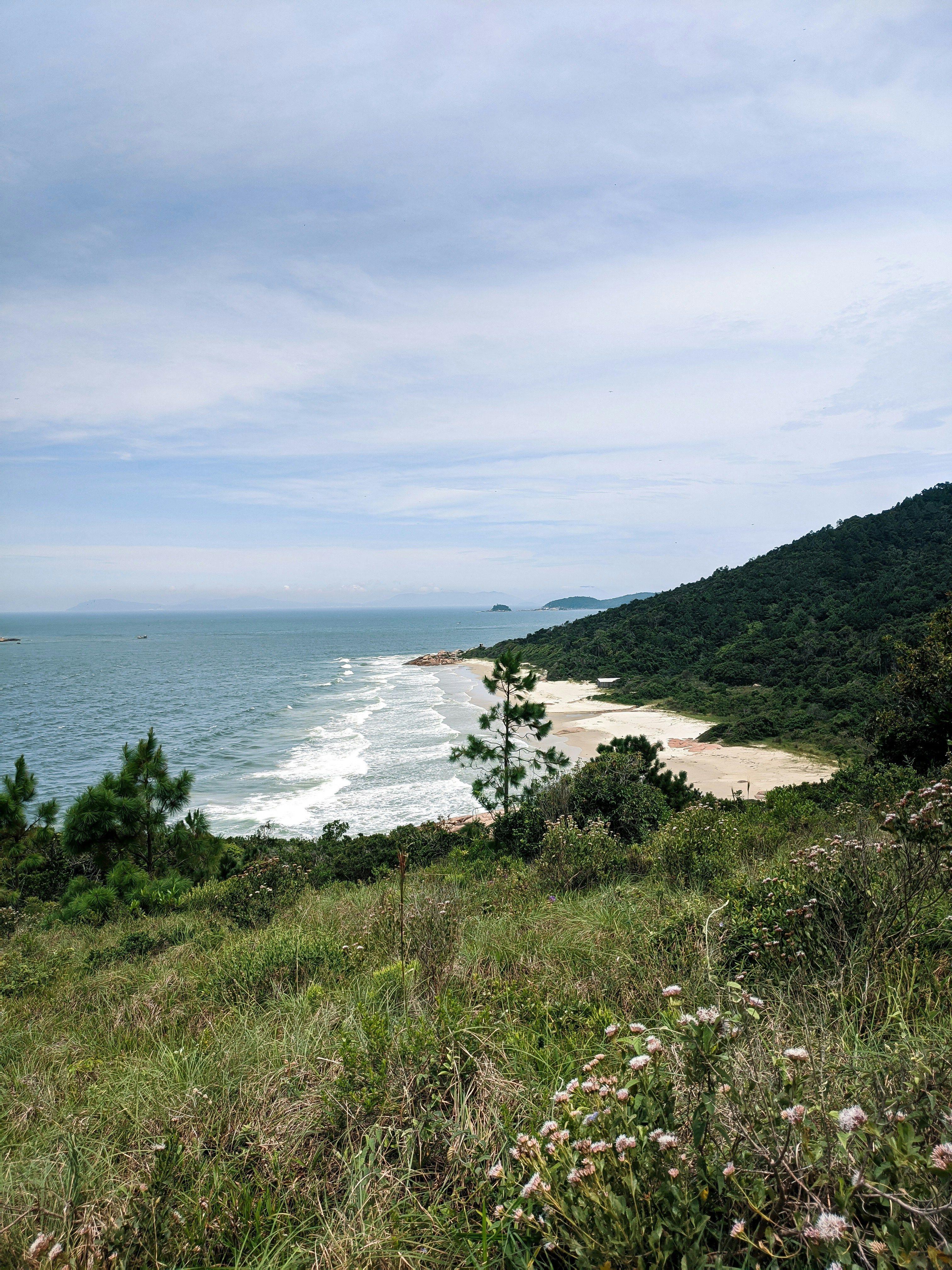Pakistan's ambition for $60 billion in exports: Ministers urged to formulate business strategies
Getting the Ball Rolling: Federal Minister Ahsan Iqbal Champions $60 Billion Export Goal
In a high-octane meeting, Minister Ahsan Iqbal, the brain behind Planning, Development, and Special Initiatives, drew a line in the sand – Pakistan's sporting prowess isn't the only battleground where we'll make history. He rallied the troops to achieve a $60 billion export target during the subsequent five years, launching Pakistan on an unprecedented journey towards a $1 trillion economy by 2035.
Holding court in the capital, Iqbal steered the first of a series of bi-monthly meetings under the "Uraan Pakistan" program, a radical initiative that aims to redefine our export-led growth strategy. This inaugural gathering marked the first of five Es in the program's blueprint, each key to our quest to metamorphose into a global powerhouse.
But this isn't business as usual. Iqbal demandeda radical departure, a breakaway from the past. "We've got a 100-meter sprint on our hands," he declared emphatically, "and to cap global markets, we've got to run faster than our competitors."
Data-driven planning and value chain development have become the bedrock of this ambitious project, with senior planning ministry officials tasked with an immediate data analytics exercise to pinpoint our domestic strengths while anticipating global market trends. The objective? To align our capabilities with global demand with pinpoint precision.
Mindful of the fact that export development transcends beyond opening Letters of Credit and shipping containers, Iqbal underlined the need for creating an all-encompassing ecosystem. That means checking off the entire list – from regulatory compliance, certification, branding, and integration with global supply chains – to make "Made in Pakistan" synonymous with quality, productivity, and sustainability.
To drive these transformative efforts, the government has charted a course through eight strategic clusters. These anchors of Pakistan's export future span agriculture, industry, services, information technology, mining, manpower exports, the blue economy, and creative industries. Each cluster has been entrusted to a respective ministry to prepare detailed, inter-ministerial business plans targeting specific products and sub-sectors.
Adherence to international environmental and quality standards is non-negotiable, with a particular focus on certification requirements for preferential trade regimes such as GSP+. Iqbal threw down the gauntlet, urging the Ministry of Commerce to dissect the $60 billion target across these sectors and devise practical, actionable policy measures to rally provincial and private stakeholders in this national effort.
Amid the fanfare, he invoked the 80/20 principle – focusing our efforts on projects with the greatest potential impact – and reminded us that rigorous bi-weekly reviews for each "E" under the Uraan Pakistan framework would ensure strict implementation and accountability. As we embark on this adventure, let’s run like our air forces did, he implored, reminding us that it's time for our economic institutions to step up and make our nation proud.
Copyright Business Recorder, 2025
References:1. Department of Statistics, Pakistan Bureau of Statistics (2021). "Overview of Pakistan's Trade Statistics." [Accessed on 27-Apr-2022]2. Ministry of Planning, Development, and Special Initiatives (2022). "Exports from Pakistan to Reach $60 Billion." [Accessed on 27-Apr-2022]3. The Express Tribune (2022). "The Roadmap to Transform Pakistan into a $1 Trillion Economy." [Accessed on 27-Apr-2022]4. Trade Development Authority of Pakistan (2022). "Making Exports Great Again: A Comprehensive Guide." [Accessed on 27-Apr-2022]5. Government of Pakistan (2022). "From Vision 2025 to Vision 2047: Pakistan's Long-Term Growth Strategy." [Accessed on 27-Apr-2022]
- To achieve the $60 billion export goal, an index of domestic strengths, anticipated global trends, and market requirements will be created using data analytics within the Planning Ministry.
- As part of the Uraan Pakistan program, senior officials must develop value chains for each strategic cluster, including finance, business, and service sectors, adhering to international standards and aligning capabilities with global demand.
- In his pursuit of making "Made in Pakistan" synonymous with quality, productivity, and sustainability, Minister Iqbal has emphasized the importance of creating an all-encompassing ecosystem for exports, addressing areas such as regulatory compliance, certification, branding, and integration with global supply chains.
- With a focus on projects offering the greatest impact, defi (defined value) and growth trends will play a crucial role in prioritizing efforts and ensuring accountability, as world-class infrastructure and innovative financing solutions are leveraged to drive Pakistan's finance and business sectors towards global competitiveness.




